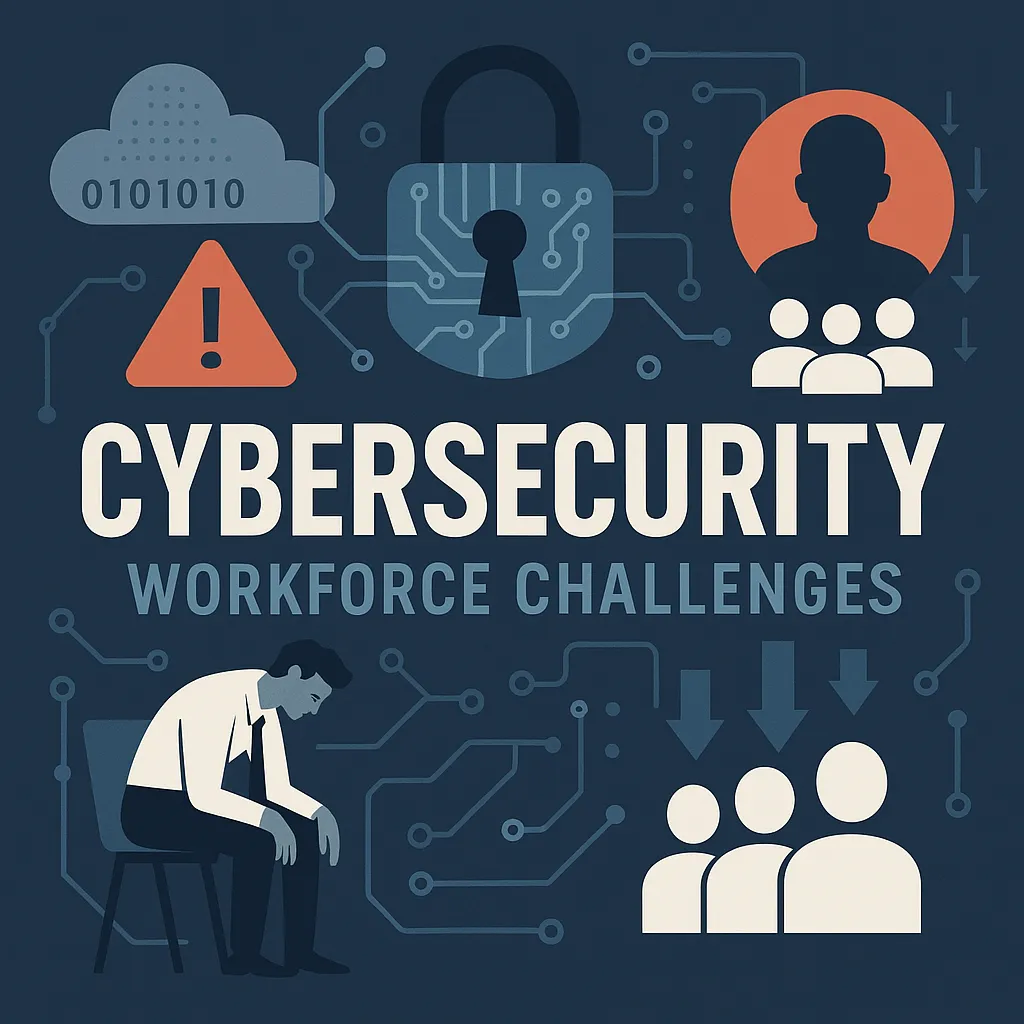The Cybersecurity Workforce Gap: Challenges and Solutions
The world relies on cybersecurity professionals more than ever, yet there are not enough qualified people to fill these crucial roles. Despite a 12.6% growth in the cybersecurity workforce between 2022 and 2023, a substantial skills gap persists, underpinned by a global shortage totaling over 4 million professionals. This disparity presents significant challenges for the security of digital infrastructures worldwide.
Understanding the Workforce Shortage
The cybersecurity field is experiencing a paradoxical situation. While job opportunities abound, exacerbated by an ever-increasing number of cyber threats, there is a notable dearth of qualified personnel to tackle these issues. Reports from organizations like ISC2 and the World Economic Forum illustrate the severity of the situation, noting that budget constraints have overtaken talent shortages as the primary barrier to hiring in cybersecurity. ISC2's 2024 insights reveal that 39% of respondents identified limited budgets as the top hindrance.
The Global Impact of the Talent Shortage
The lack of cybersecurity professionals is more than a corporate inconvenience; it represents a global security risk. Cybersecurity workforce gaps put businesses, governments, and individuals at risk of cyberattacks, leading to potentially catastrophic consequences. For instance, a shortage in cybersecurity talent can delay the detection and mitigation of cyberattacks, giving cybercriminals more time to harm victims and infiltrate systems.
According to the Secure World Foundation, the existing gap extends beyond North America and Europe, with Asian and African nations also experiencing severe shortages. With the digital transformation rapidly sweeping these regions, the deficit in skilled cybersecurity workers is more alarming.
Efforts to Bridge the Gap
Recognizing the critical nature of these roles, various stakeholders are taking action. Initiatives like those discussed by the World Economic Forum aim to address these issues by convening industry leaders, educators, and policymakers to forge practical solutions and bolster educational resources aimed at nurturing a new generation of cybersecurity experts.
Your Role and Response
The cybersecurity skills gap presents a significant challenge, highlighting the need for concerted efforts from all sectors. As individuals, organizations, and governments, our collective response to this crisis must be robust and persistent. Investing in education, professional training, and improved compensation can not only attract more professionals into the field but also ensure the existing workforce is trained to handle increasingly sophisticated threats. Similarly, innovative technologies like AI-driven security solutions could help mitigate the effect of the workforce shortage by automating some of the more routine tasks.
Despite the daunting challenges, the future of cybersecurity offers opportunities for significant professional and economic growth, making now an ideal time to enter or invest in this vital field.
